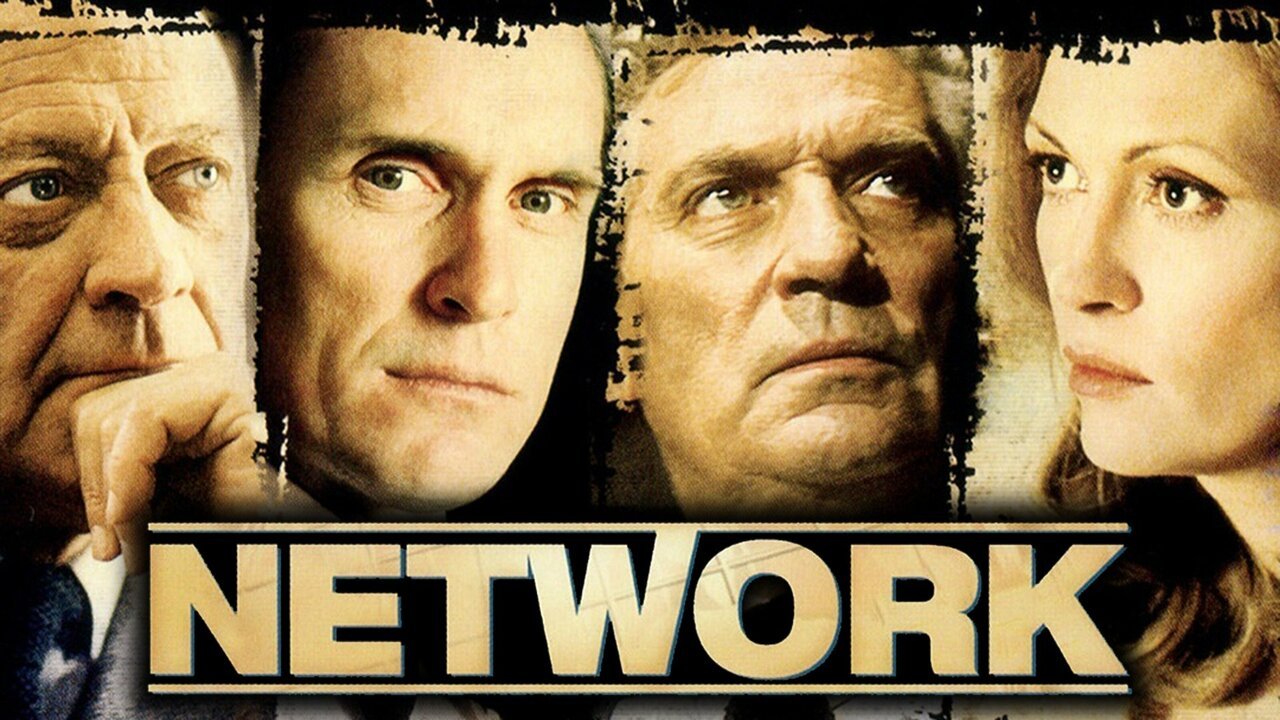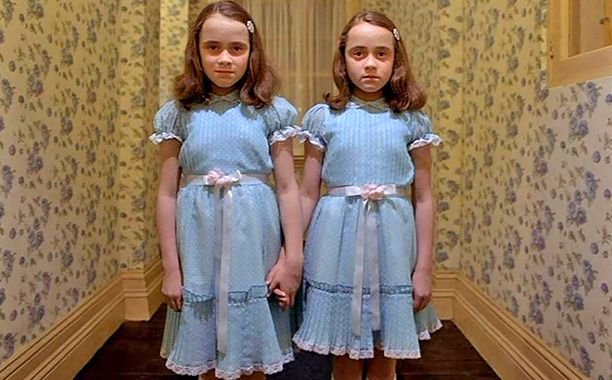Why These 8 Movies Are More Relevant Today
In a world where film history is often marked by trends and fads, some movies stand the test of time and gain new relevance decades after their initial release. This phenomenon isn’t just about nostalgia; these films tap into deeper societal issues, evolving norms, and universal truths that become more pronounced as time goes on. In this article, we will explore eight films that have gained fresh significance in contemporary times, shedding light on why they resonate so strongly today1. A Dystopian Vision Turned Reality?(1984)

“1984,” directed by Michael Radford and based on George Orwell’s seminal novel, was originally a chilling portrayal of a totalitarian future. When it was released, it served as a stark warning about the dangers of oppressive regimes. Today, this film’s relevance has surged as concerns about surveillance, privacy, and authoritarianism have become more pronounced.
The Surveillance State
In the era of digital surveillance, Orwell’s concept of Big Brother feels increasingly prescient. Governments and corporations today have unprecedented access to personal data, echoing the invasive surveillance depicted in the film. This convergence of fiction and reality underscores the timelessness of Orwell’s vision.
Societal Parallels
The film’s portrayal of controlled information and historical revisionism mirrors contemporary concerns about fake news and media manipulation. These elements highlight the enduring relevance of Orwell’s critique of truth and freedom.
2. “The Matrix” (1999) – A New Era of Reality and Perception

When “The Matrix” hit theaters, it was hailed for its groundbreaking special effects and action sequences. However, its deeper philosophical questions about reality and human consciousness have become increasingly relevant in today’s tech-centric world.
Virtual Reality and AI
As virtual reality (VR) and artificial intelligence (AI) technologies advance, the concepts explored in the film—such as the nature of reality and the potential for machines to control our perceptions—have gained new urgency. The idea of living in a simulated reality resonates more as our daily lives become increasingly intertwined with digital environments.
Philosophical Reflections
“The Matrix” also taps into existential questions about human freedom and control, which are particularly poignant as automation and AI continue to evolve. The film’s exploration of reality vs. illusion remains a compelling narrative as society grapples with these technological changes.
3. “Network” (1976) – Prescient Critique of Media and Manipulation

“Network,” directed by Sidney Lumet, was a darkly satirical take on the media industry and its potential for exploitation. At the time of its release, it was a critique of television sensationalism and corporate greed. Today, its satirical insights seem even more relevant.
The Media Landscape
With the rise of social media and 24-hour news cycles, the film’s depiction of media manipulation and the quest for ratings has only become more applicable. The blurring of entertainment and journalism in contemporary media reflects the film’s warnings about the commercialization of news.
Ethical Considerations
The ethical dilemmas presented in “Network” about the responsibilities of media organizations are increasingly pertinent in an age where the spread of misinformation can have profound impacts on public opinion and democracy.
4. “A Clockwork Orange” (1971) – Violence and Free Will in Modern Society

Stanley Kubrick’s “A Clockwork Orange” explores themes of violence, free will, and societal control through a provocative narrative. Originally controversial for its graphic content, the film’s underlying messages about human nature and societal response to crime have grown in relevance.
Modern Debates on Crime and Punishment
As debates about criminal justice reform and the ethics of rehabilitation vs. punishment continue, Kubrick’s film remains a powerful commentary. Its exploration of free will and societal intervention is particularly resonant in discussions about criminal behavior and rehabilitation.
The Role of Violence in Media
The film’s portrayal of media-induced violence also raises questions about the impact of violent content on behavior, a topic that remains highly relevant in today’s media landscape.
5. “Blade Runner” (1982) – Exploring Humanity and Technology

Ridley Scott’s “Blade Runner” is often celebrated for its visually stunning depiction of a dystopian future. However, its exploration of what it means to be human in an age of advanced technology has gained significant relevance as artificial intelligence becomes more sophisticated.
AI and Humanity Why These 8 Movies Are More Relevant Today
The film’s concepts of artificial beings and their quest for identity reflect ongoing debates about the role of AI in our lives. As AI systems become more advanced, the questions posed by “Blade Runner” about consciousness and personhood are increasingly pressing.
Ethical Implications
The ethical considerations regarding the treatment of AI and its rights parallel contemporary discussions about AI ethics and the moral implications of creating sentient machines.



